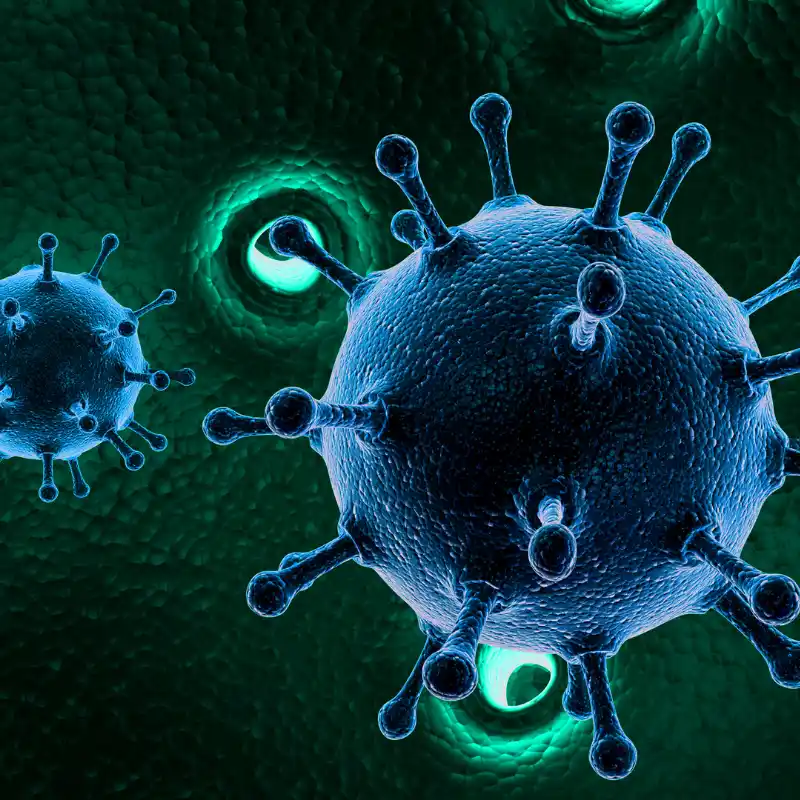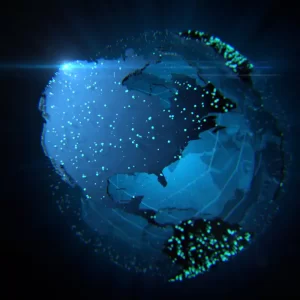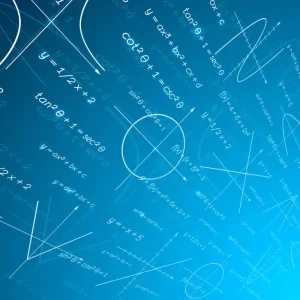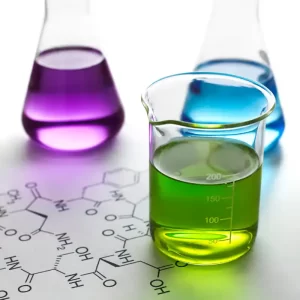Description
Overall Curriculum Expectations
By the end of this course the student will:
Scientific Investigation Skills and Career Exploration
- Demonstrate scientific investigation skills (related to both inquiry and research) in the four areas of skills (initiating and planning, performing, and recording, analyzing, and interpreting, and communicating)
- Identify and describe a variety of careers related to the fields of science under study, and identify scientists, including Canadians, who have made contributions to those fields.
Diversity of living Things
- Analyse the effects of various human activities on the diversity of living things.
- Investigate, through laboratory and/or field activities or through simulations, the principles of scientific classification, using appropriate sampling and classification techniques.
- Demonstrate an understanding of the diversity of living organisms in terms of the principles of taxonomy and phylogeny.
Evolution
- Analyse the economic and environmental advantages and disadvantages of an artificial selection technology and evaluate the impact of environmental changes on natural selection and endangered species.
- Investigate evolutionary processes and analyses scientific evidence that supports the theory of evolution.
- Demonstrate an understanding of the theory of evolution, the evidence that supports it, and some of the mechanisms by which it occurs.
Genetic processes
- Evaluate the importance of some recent contributions to our knowledge of genetic processes and analyses social and ethical implications of genetic and genomic research.
- Investigates genetic processes, including those that occur during meiosis, and analyses data to solve basic genetic problems involving monohybrid and dihybrid crosses.
- Demonstrates an understanding of concepts, processes, and technologies related to the transmission of hereditary characteristics.
Animals: Structure and Function
- Analyse the relationships between changing societal needs, technological advances, and understanding of internal systems of humans.
- Investigate, through laboratory inquiry or computer simulation, the functional responses of the respiratory, circulatory, and digestive systems.
- Demonstrate an understanding of animal anatomy and physiology, and describe disorders of the respiratory, circulatory, and digestive systems.
Plants: Anatomy, Growth, and Function
- Evaluate the importance of sustainable use of plants to Canadian society and other cultures.
- Investigate the structures and functions of plant tissues, and factors affecting plants growth.
- Demonstrate an understanding of the diversity of vascular plants, including their structures, internal transport systems, and their role in maintaining biodiversity.
Outline of Course Content
| Unit | Title | Time |
| 1 | Diversity of Living Things | 22 hours |
| 2 | Evolution | 22 hours |
| 3 | Genetic Processes | 22 hours |
| 4 | Animals: Structure and Function | 21 hours |
| 5 | Plants: Anatomy, Growth and Function | 21 Hours |
| Final Examination | 2 hours | |
| Total | 110 hours |





Reviews
There are no reviews yet.